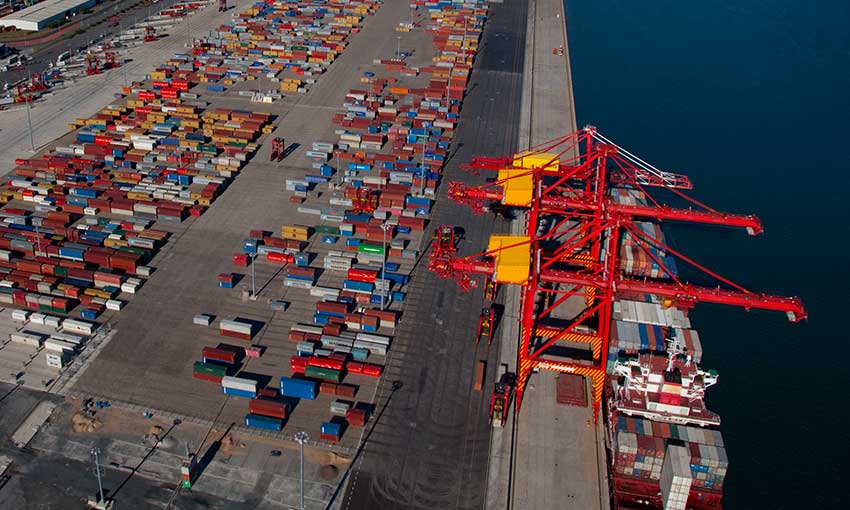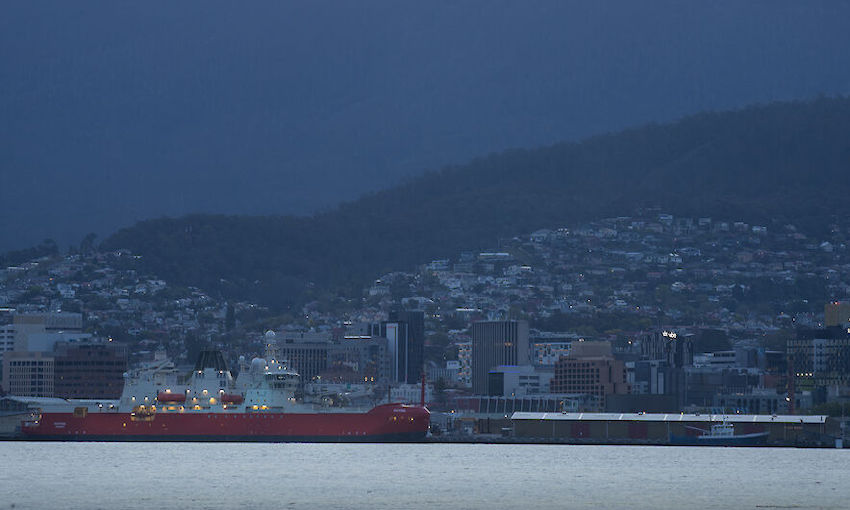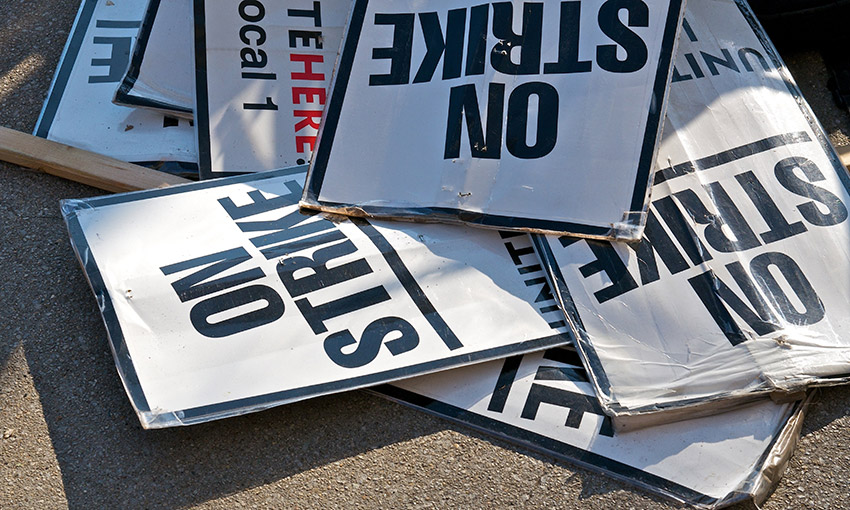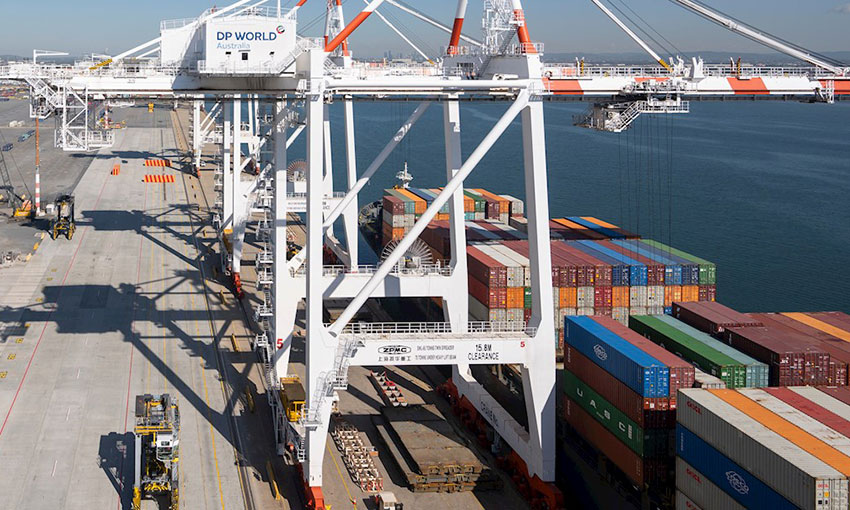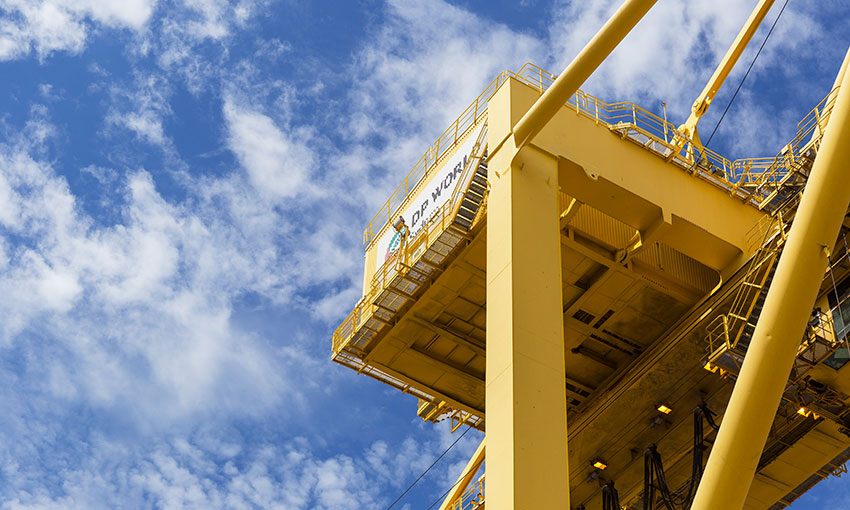PATRICK Terminals has this evening (8 November) lodged an application with the Fair Work Commission to terminate the Maritime Union of Australia’s industrial action at Patrick’s four terminals.
The previous enterprise agreement expired on 30 June 2020, while negotiations on a new agreement have been ongoing since February 2020 and industrial has occurred since 4 September 2020.
More than 70 meetings have been held in pursuit of a new enterprise agreement and the MUA has launched more than 220 industrial actions nationally during the negotiation period.
Patrick said the industrial action is impacting operations at Sydney, Brisbane, Melbourne and Fremantle terminals causing delays for importers and exporters. According to the company, vessels are delayed for nine days at its Melbourne terminal. These delays are expected to blow out further with the upcoming industrial action.
Vessel delays the company attributes to industrial action at the Sydney AutoStrad terminal are seven to eight days. Delays at Brisbane are one to two days, and delays at Fremantle are up to five days.
In its submission to the FWC, the company argues that the ongoing industrial action is causing serious harm to at least the economies of New South Wales, Victoria, Queensland and Western Australia. As industrial action continues, over time delays will cascade and become unrecoverable, leading to cancelled voyages and increasing port omissions, the company said.
“The situation is becoming untenable for shipping lines and those dependent on them. That has been made clear to Patrick in no uncertain terms,” the submission said.
Patrick Terminals CEO Michael Jovicic said, “Since May, our terminals have faced an unrelenting barrage of ongoing industrial action by the MUA that has impacted all terminal users including importers, exporters and shipping lines.
“Delays are escalating and we have continually pleaded with the MUA to negotiate without the need for damaging industrial action. The past two years have been particularly challenging for all parties across the supply chain and the industrial action is impacting Australia’s COVID economic recovery.
“For the sake of our economy, we need to get our supply chains working efficiently again and the ongoing industrial action is definitely not in the best interests of Australia’s recovery.”
MUA assistant national secretary Jamie Newlyn said Patrick Terminals is “acting with belligerence and bad faith in the courts” rather than negotiating a new employment agreement.
“The action in the Fair Work Commission this evening, announced by embargoed media release, is another example of Patrick Terminals’ disingenuous and disruptive approach to the bargaining process,” Mr Newlyn said.
He said by admission of Patrick’s parent company in its recent annual report, business is booming.
“Volumes are up, profits are up and executive bonuses are flowing. This is not a business or an industry in distress. It must not be allowed to play the victim here or hijack the sympathies of the Australian community,” Mr Newlyn said.
“The true cause of delays at our Ports are myriad. Whether it is a lack of freight rail capacity to remove containers quickly enough from the quay line, the greater carrying capacity of larger container ships requiring lengthier berthing times, or the simple economic reality of skyrocketing demand for international freight, any attempt by Patrick Terminals to blame its own workforce for capacity constraints or price hikes should be treated with suspicion.”
Mr Newlyn said hardworking wharfies deserve fair pay, job security and safety at work and raised the spectre of the 1998 waterfront dispute.
“Patrick Terminals learned the hard way almost 25 years ago that the Australian community is intolerant of this kind of corporate bullying of a loyal workforce, and the union once again encourages Patrick Terminals to actually sit down and engage in good faith bargaining with its workforce instead of seeking fresh conflict,” he said.
In late October, Patrick applied to the FWC to terminate its enterprise agreement with the MUA. The company said the agreement was “no longer fit for purpose”. The FWC hasn’t yet issued a decision on the matter.
This article has been updated to include comment from the MUA.

